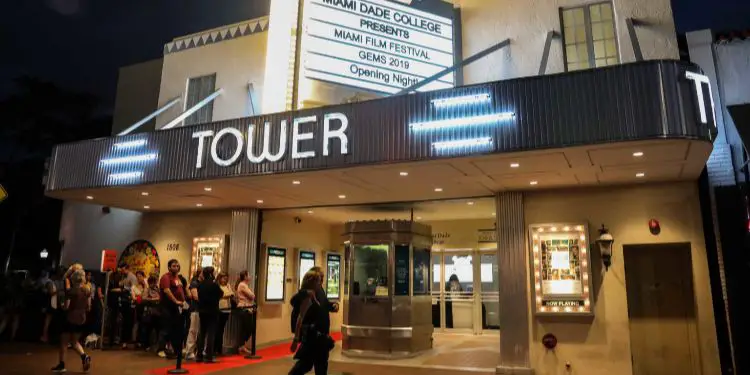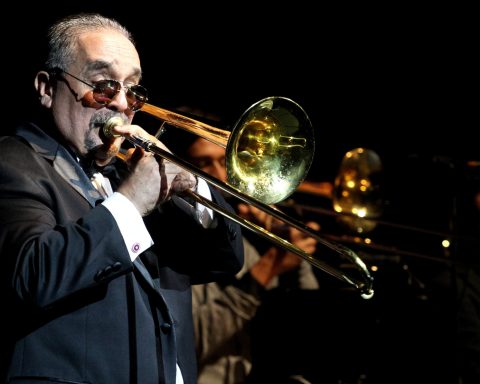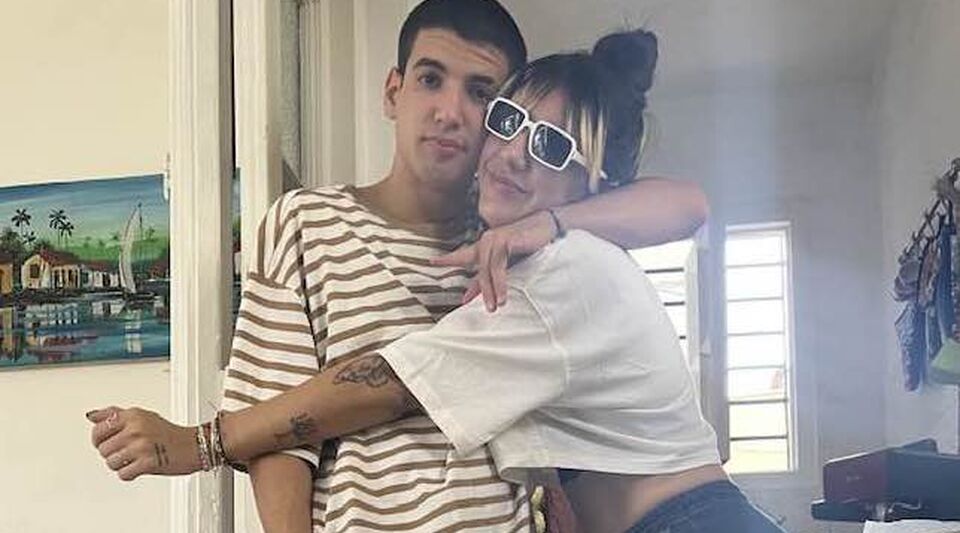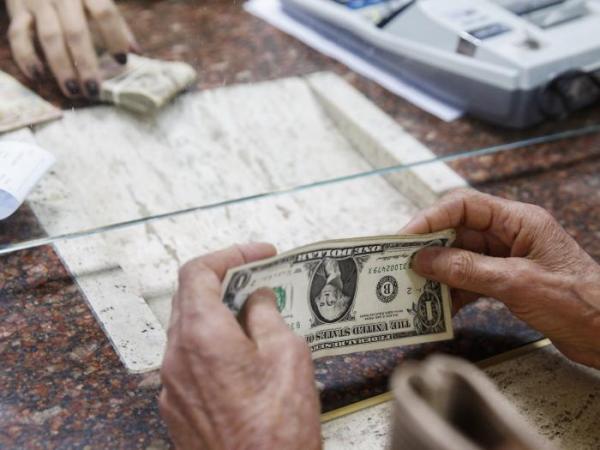MIAMI, United States. — During the last presentation of the program of films with Cuban themes —which I coordinated for this representative event of Miami Dade College, the Miami Film Festival in its glorious fortieth anniversary—, director Eliecer Jiménez tried to convince the enthusiastic public present that it was a kind of documentary maker without having much knowledge of leading actors, a certainty that contradicted his own first fiction feature film that he had just released: Havana Storieswhere the performances turn out to be impeccable and the sarcastic comedy, with vignettes about exile and some of its dilemmas, takes place without intrusions that disturb a plausible documentary sense.
After a successful first part of the program with extraordinarily popular films such as Homeland and life: the power of music and plantedas well as documentaries that explore chapters of Cuban culture obliterated by the dictatorship, such as those dedicated to the AfroCuba group, the singer-songwriter Pedro Luis Ferrer and the maestro Bebo Valdés, the days that followed were the irrefutable demonstration of the need to cultivate the Cuban, as an indelible chapter of the Festival, in the heart of the community that has demonstrated the importance of freedom for progress in all its creative facets.
Held independently between Miami and Tampa, the presentation of Havana Stories It was the tangible demonstration of this requirement, which should be unavoidable from now on.
Not only the full cast of the film, its screenwriter, the musician Alfredo Triff and the most important living editor of Cuban cinema, Tuti Abello, were present, but also cultural and media personalities such as Zully Montero, Marcos Miranda, Humberto Calzada and Alex Otaola, many of whom asked questions and issued sound opinions about the national situation and the importance of putting a little humor in our drama, without losing perspective of the grievance caused by the regime.
On the other hand, both in the presentation of Vincent B.another cursed film of Carlos Lettuce censored on the island, as in the Nelsito’s worldby Fernando Pérez, was attended by young actors and other members of the film crews, such as the photographer Raúl Prado.
Prado, who during the 2021 rebellion on the island participated in a loud protest in front of the offices of the Cuban Institute of Radio and Television (ICRT), referred to the value of Fernando Pérez in including him in his film even though he was under house arrest and watched on film sets by the political police, as if he were a common criminal.
During the presentation, there was also one of the film’s youngest actresses, Chris Gómez, who took the path of exile and explained the sources of his mischievous character, as well as the legendary director Rolando Díaz, who referred to the importance of cinema in his close colleague when it comes to disturbing and not leaving us indifferent, about the apocalypse that the nation is experiencing.
Something similar happened during the presentation of Vicenta B. in the presence of her young protagonist, Pedro Martínez, making the departure from Cuba that Lechuga foreshadowed in her script a reality.
The director of Vicenta B., who now lives in Madrid, sent a message in which he elaborated on the devastating exodus that the country is suffering, starting with many of the talent associated with his cinema.
The theme of the dramatic Operation Pedro Pan returned to Cuban cinematography with the documentary Journey to Hopeby actor Lieter Ledesma, who has summoned new testimonies about one of the largest exoduses of its kind in the world, including Eduardo J. Padrón and Enrique Ric Prado.
The Festival also put the debut of Cuban directors in the major leagues to the test before the public, such as Hansel Porras with his intimate feature film February, about the reunion of two autumnal women after forty years of separation, played by an already classic actress like Lili Rentería and her compatriot Amarilys Núñez. Both women realize their common past on the island left behind and a revelation that will make them reflect on the future.
February shared one of the main prizes of the Festival, the Knight Made in Miami Awardwith plantedby Lilo and Camilo Vilaplana.
Cuban-themed cinematography set the tone during the celebration of the Miami Film Festival. The event kept its showrooms crowded with both nationals and spectators from other origins, curious about the artistic retelling of a drama that has not ceased for 64 years.
In this way, a necessary niche has been created, absent in other editions of the event, which we hope will last and be covered by the creativity of an invincible culture on any international stage where it makes its way.
OPINION ARTICLE
The opinions expressed in this article are the sole responsibility of the person who issues them and do not necessarily represent the opinion of CubaNet.
















